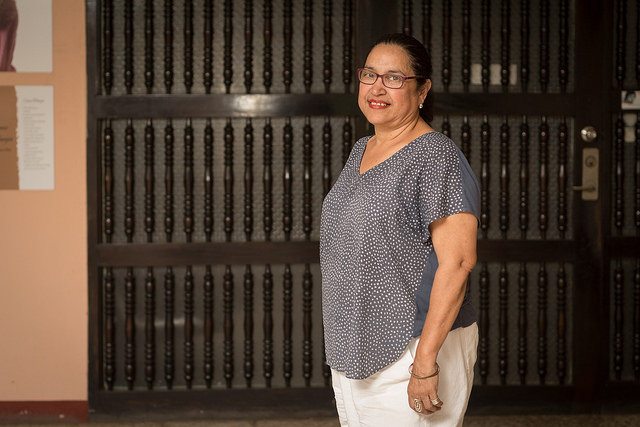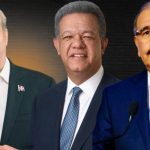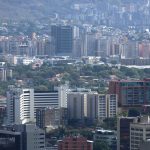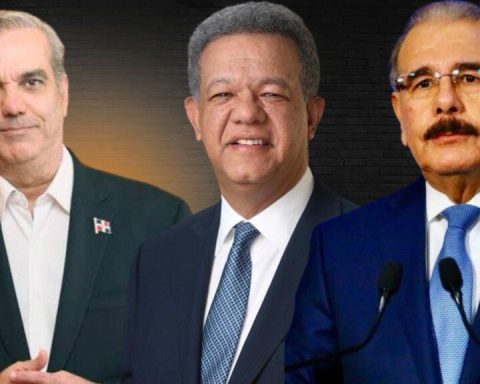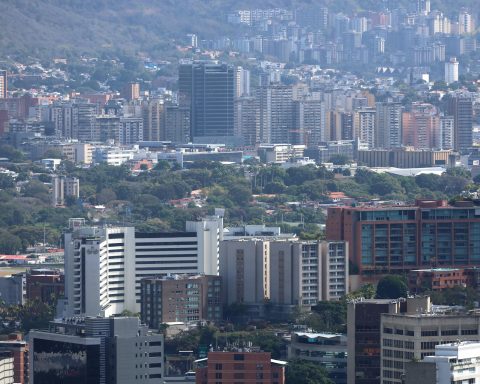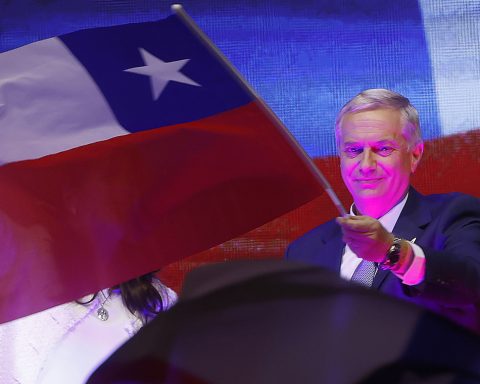In the minutes of the jury XV Julio Anguita Parrado International Journalism Award, from Spain, which recognizes the career of the Nicaraguan journalist Patricia Orozco, highlights her commitment and courage in professional practice. Qualities that he has cultivated during his thirty-year career, reporting “with a gender perspective, in defense of human rights, social justice and equality”, and that on this International Day of Woman They place it as a benchmark of national journalism.
Orozco, who received an award on March 4, appreciates that The award is in recognition of the struggle of independent journalism in Nicaragua to continue reporting despite censorship and the de facto police state, which has made it reflect on “the commitment we (communicators) have with the country, with citizens , with the people who aspire to live in a democracy”, to continue denouncing the abuses of power.
Nicaraguans “continue to aspire to live in a democracy,” emphasizes Orozco. “Since the times of Pedro Joaquín Chamorro, who said that Nicaragua would become a republic again, the yearning for a democratic society has been present in journalism,” and all “democratic societies are backed by free journalism, by freedom of expression.” press, and I think that is what this award recognizes, the (fight for) freedom to practice the profession”, he adds.
Paradoxically, in Nicaragua they continue closing the spaces of freedom, the regime of Daniel Ortega and Rosario Murillo instills “fear” and “terror” among the citizenry, which is in turn a source of information. For that reason, Orozco values, “we should promote, from journalism, a bit of that aspiration to live in a democratic society.”
Women’s participation
In that sense, Orozco values, women have had a leading role in Nicaraguan society. “I remember the women’s movement About ten years ago he spoke of a dictatorship and political prisoners, but there was some fear in the public to recognize it as such.
Likewise, the journalist points out that in the last five years women have increased their participation as editors. “They have gone, along with male colleagues, to risk their faces, to risk their lives to exercise the profession,” which is becoming more and more risky in the country.
Although “at the time that (the aggressors) throw bullets or bombs in front of the demonstrations, they do it indistinctly against women and men, there is a kind of sexual harassment also around the women’s body through the spheres close to the dictatorship. The institutions that repress, when they see that they are women’s bodies, the issue of sexual abuse arises,” Orozco commented.
In the journalist’s opinion, the challenge for women is to “continue fighting” from wherever possible, “so that the rights of women and men are valid, so that the rights of women are recognized and not only recognized but also valid.” ”. In that sense, “the struggle cannot remain as the dictatorship wants, incomplete, or forget about it.”
resisting from exile
Orozco is in exile, from where he continues to report on the sociopolitical crisis in Nicaragua. His commitment to independent journalism earned him continuous attacks, harassment, threats and until the confiscation of his home in Managua.
“We had to sneak out (of the country), walking along paths,” explains Orozco. “We are doing journalism with our nails, as we can. The sources are afraid to speak, there is no access to public events… But the opinion of the citizenry is worth more than that of any representative of the dictatorship, who only tells lies”, he underlines.
